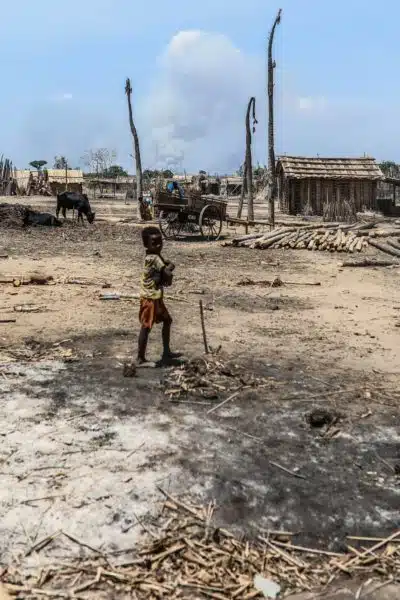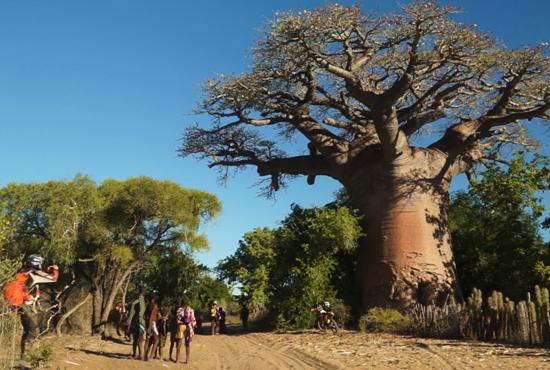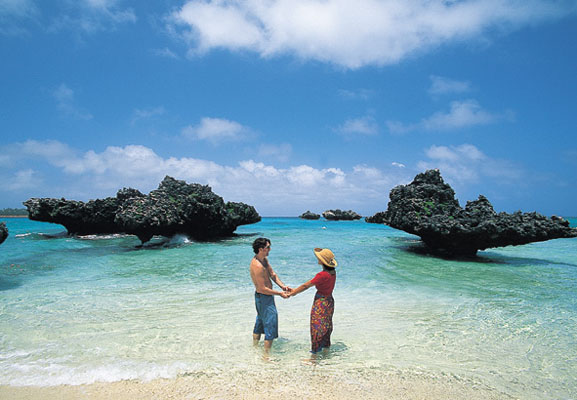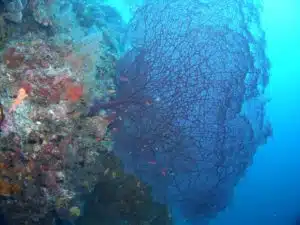Some of these fires, poorly managed, get out of control and turn into a fire that destroys a large part of the forest.
What are the consequences of this deforestation?
The consequences for biodiversity are catastrophic. 90% of species in Madagascar are endemic. Furthermore, some species are micro-endemic, meaning they exist only in a very specific area of the country. This 
Furthermore, in case of It is very difficult, if not impossible, to reforest abandoned land in Kulturland due to depleted soils. In the southwestern regions, flora regeneration is very slow because of regular drought periods.
Is Madagascar burning?
Yes, Madagascar is burning, like many African countries, mainly for agricultural or energy reasons in the bush, and the consequences are catastrophic for both the country’s biodiversity and greenhouse gas emissions.
While we cannot deny that poor governance in the country is responsible for these deforestations, banning bushfires and fires themselves is not a solution. It is important to educate the population first.
Offering an alternative solution.
Since the new government, very significant reforestation programs and concrete actions have begun. 60,000,000 trees are to be planted and reforestation has already started on huge areas.
Of course, this cannot restore the lost habitat, but it is still a very good alternative to the absolute stagnation of previous governments.
We can remember one last time that the only energy source available to a majority of the population today is charcoal and that agriculture is a main source of income through burning.
It is difficult to explain the consequences that this deforestation will have in 50 years, when the main concern of a population affected by poverty is to survive another day. Today, it seems almost impossible to stop the burning and clearing, at least until an alternative solution is found for these population groups.







